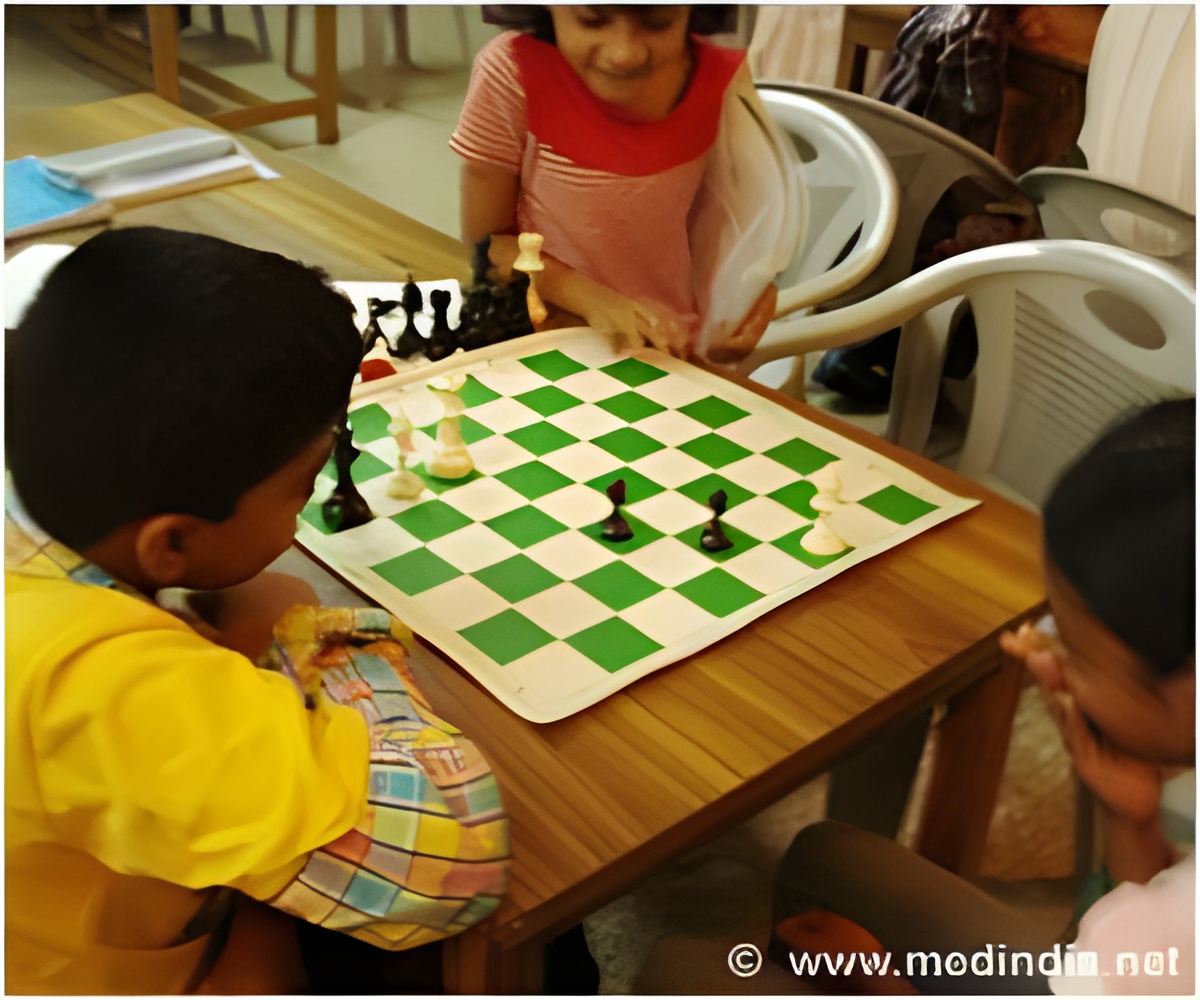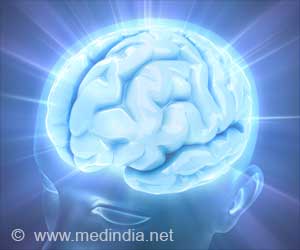Chess encourages the overall development of a person where the game prepares one to handle life with astuteness and sensibility.

A. I pioneered chess training and been playing chess for about forty years now. There weren’t many chess trainers certified by the World Chess Federation, so I went to Germany to do my training. This included psychological training as well. I was interested in that aspect also. We conduct training programmes for people to learn chess, prepared a home study kit ‘Winning Moves’ DVD and at the Russian Cultural Centre we have kids coming over to play chess.
Q. Why would you recommend chess?
A. Some people take chess as a sport, most of them, but I don’t. It’s a science and a tool for cognition development. I work on Comprehensive Cognitive Development. I believe that chess enhances the intellectual quotient of a child. Chess can be used as a tool to affect the conceptual thinking in a child, the reasoning ability and perception. By perception I mean the ability of the child to look at things, look at the world in the proper perspective.
Q. Have you had children where you’ve noticed the way chess has impacted their behaviour?
A. Yes, for example some parents say that their children cannot cross the road, that’s a simple perception. After they play chess at the Centre, they have multi-dimensional looking. I do brain mapping here, now I can understand the different areas of a child’s cognitive skills and areas where specific challenges faced by the child need to be addressed. If a child is having a problem with memory, not able to think, look clearly, issues with reasoning, ADHD we will know it without the help of a psychologist. Not only identifying it, we correct it. We have become a referral institute for some of the special children.
A. Children with ADHD and Dyslexia have been here. Many times at a later date we have realised we have been referred. Sometimes we have taken a dyslexic child all the way to the National Championship level, to play for India in the championship. We know it, but that doesn’t affect the child. So we work on the strengths of the child and we correct the areas. To me, chess is a research where I’m trying to analyse how chess as an intervention helps the cognitive growth of a child.
A. We have an Occupational Therapist and a psychologist to measure and to see the influence of chess learning in a child. We believe every child can play chess. Of course we are not talking about people with very low IQ level below 60. But we have extraordinary geniuses also and we use chess to identify and challenge geniuses. But we don’t want to portray ourselves as a research institute for chess; it’s more a fun activity.
Q. Do you think that if you project as a Centre with behavioural therapy included, parents might have a mind block sending their kids here?
A. We have dealt with more than 2000 kids so far. Every child is unique, every child has got strengths and every child has got weaknesses. Is it a behavioural problem? Is it a parental problem? Is it a single child problem, cognitive level problem, confidence level problem, lack of confidence, the killer instinct or unable to take a defeat? There are many issues that have never been addressed. The point is you do not address the failure problem. It’s a simple problem of inability to take a defeat. The first Board exam he takes is the 10th standard, he fails and he commits suicide, now all that is evident in a five year old child. The child starts crying, unable to face defeat. We teach them how to lose gracefully. We teach them how to win passionately without giving up. When they play they should play with the killer instinct, we take them to the heights of that and when they lose they have the dignity to congratulate the opponent. That’s the ethos here: do your best, the pursuit of excellence at the same time you understand it’s only a game.
Q. Right now there are enthusiastic children at the Centre but how would you get an unwilling child to involve in the game?
A. We have an Occupational Therapist to encourage the child to play chess, bring back the child to play chess. We focus on kids because behavioural therapy happens here. Each child is different, fearfully and wonderfully made and each child is unique. So that’s the rhythm, cadre and ability of a trainer. We love the child, build rapport with the child, understand the child and put the right trainer who can handle the children. Each age is different and each personality is different. We have the acumen and spend the mornings analysing the clustering. If I put one coach at the wrong table, we won’t see the child again. So the right coach has to be at the right table. We put them in a cluster – teams of four and assign coaches accordingly, even based on language. The peer group builds the child up, made to feel accepted and relate.
Q. As a sport, how would chess ensure the well being and health of a person?
A. We are conducting chess trainer workshops. Now I believe shortly chess trainers will be in hospitals. Because if music can make a therapy so can chess. I know that any child will have cognitive deficiency because of medication, radiation, etc. We have a child who has TBD (Traumatic Brain Disorder), either because of accident or by shock or by radiation the cognitive level of the child comes down. Using chess we can accelerate the process of recovery. So the chess trainer workshop has been designed especially for nurses, occupational therapists and psychologists. One month training is more than enough. When a child is in the hospital for a month without any mental activity, vitamins are given but do they give any mental exercise? So nurses will be trained to teach chess, play with the (normal) children and this helps their thinking level. As for Occupational Therapists who aim at motor development, I would suggest they use chess to improve the concentration in ADHD and Dyslexic children.
Q. In your experience how would chess serve in the best interest of the society at large?
A. Chess helps in the critical thinking, mathematical ability and decision-making skills in children. Coming to the corporate sector, stress is the greatest problem. If a team can get together and play a genuine game, it can be tremendous fun and serve as a stress therapy. It’s fully challenging, we are not talking about tournaments, we are talking about an environment with music, coffee - a Chess Café. As for the IT Sector, logic plays an important role and chess develops logic. Law enforcement sector needs planning, strategy and tactics. Lawyers need reasoning. People over the age of 50 should play chess to reduce chances of dementia. Playing chess everyday keeps dementia away. Criminals have changed because their logic had been affected.
Q. How does chess help in the domestic front?
A. Every mom should play chess. Two things, first she will develop the child better second homemakers are so protected they don’t perceive opportunities or dangers. Chess helps to perceive things and people better. It is a domestic game, because you don’t need to go out, you don’t need a court you just invite someone over to play. The game makes introverted and passive women to contribute suggestions and enables them to be active decision makers.
Arul Anand, a Software Engineer brings his 5 year old son Daniel Joseph, a zealous chess player to the Emmanuel Chess Centre. In fact, the child had his mother and grand-mother learn chess just to play with him and even confessed to his singing teacher he’d rather play chess. In Mr. Anand’s opinion, chess at a young age would encourage mental activity while most other sports are focussed on physical activity. The game also promotes planning and decision making. And yes apart from chess the boy loves cycling with his friends. When asked if Mr. Anand is rooting on Daniel to make it to championship, his determined reply, ‘I just want my son to enjoy the game’.
Source-Medindia









